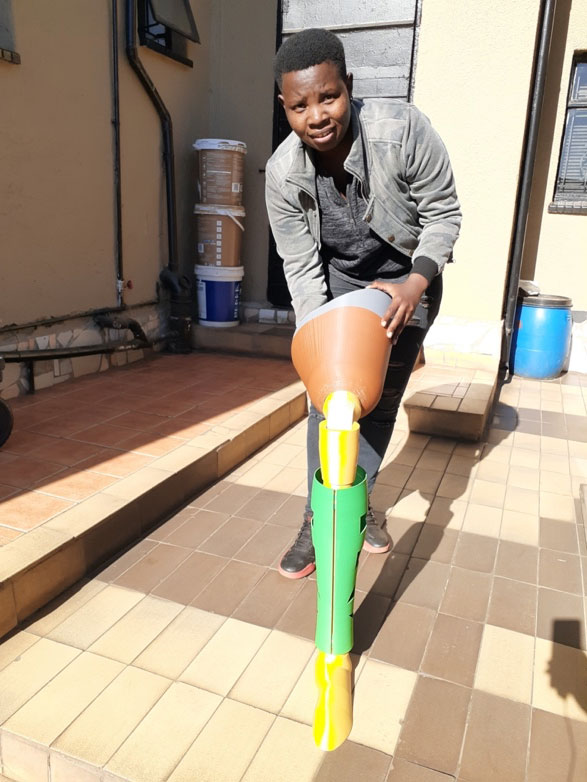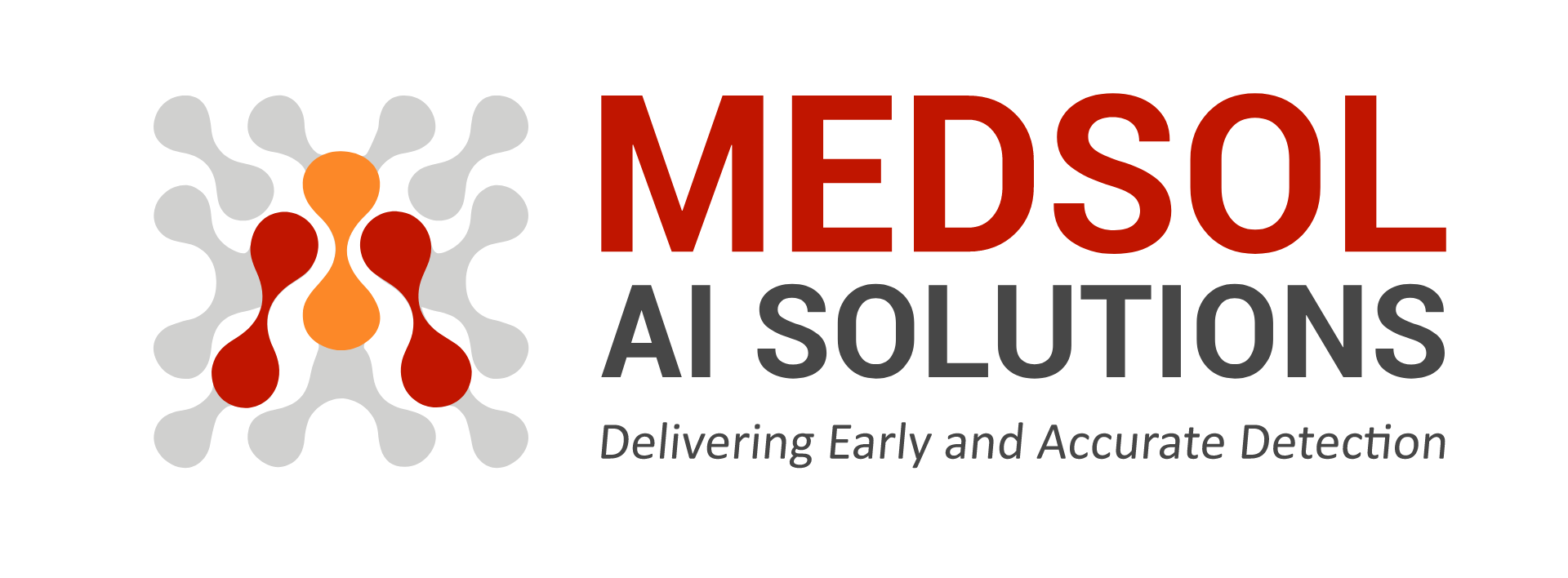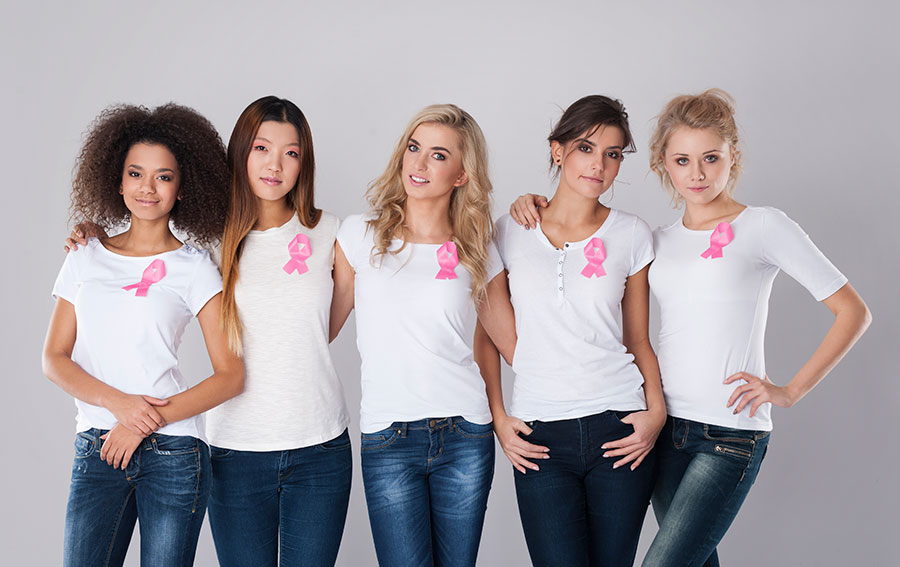International Day of Women and Girls in Science is celebrated on 11 February, in recognition of the vital role that women and girls play in the science, engineering and medical spheres. Two such South African powerhouses, Sibongile Mongadi and Kathryn Malherbe share how they have broken down barriers and added tremendous value to the scientific community with innovations from their respective companies – Uku’hamba and Invisio AI.
*At present, less than 30% of researchers worldwide are women. And although there has been a rise in the number of women carrying out studies in scientific fields, there are still relatively few women in science in the workplace.
In what remains a largely male-centred industry, there are many obstacles that women in science have to overcome, including a sense of belonging, harassment and bullying, as well as being compensated differently to their male counterparts.
Despite these challenges, women, like those with companies housed at The Innovation Hub, have broken down the barriers and have succeeded at creating innovations that aim to change the lives of those around them.
“The women we work with – Sibongile and Kathryn being two prime examples – never cease to amaze us with the meaningful impact that they make with their innovations,” says [Advocate Pieter Holl], [CEO ] at The Innovation Hub.
“Although there is still much that needs to be done to ensure equality of women in science, those who excel in spite of the obstacles they’re faced with motivate other women to do the same and help to level the playing field. We currently have 31 female entrepreneurs housed at our establishment, but we’ve been pleased to see that this figure is on the rise every year,” he adds.
An innovation for people with life-altering amputations
Sibongile Mongadi, an entrepreneur currently incubated at The Innovation Hubs’ eKasiLabs Soweto programme (eKasiLabs provides business development support to start-ups in various Gauteng townships), focuses on improving the conditions of amputees by providing lightweight, durable, water-resistant, custom-made and low-cost prosthetics. Her invention ultimately serves to improve the living conditions of those who have had life-altering amputations.
Mongadi drew inspiration from her interactions with an amputee at a health facility in Johannesburg, who had been on the waiting list for more than four years, struggling to get access to a prosthetic limb.
With currently three million amputees in South Africa, only 30% have access to prosthetic care.
“That provoked me to make a positive impact and to start producing low-cost prosthetic limbs to improve amputees’ quality life of by giving them back their independence,” says Mongadi.
Mongadi – with an educational background in Marketing, Entrepreneurship, Innovation Management and 3D printing – uses advanced technologies (3D scanner, designing software, 3D printer, a CNC milling machine and a laser engraver) along with resourceful and recyclable materials to make mobility accessible to lower- and middle-income groups, with a faster turnaround time than general prosthetics.

Breast cancer identification made easier
Another woman pushing the limits of science is Kathryn Malherbe. MedAI Sol Pty Ltd. is working on the development of Deep Machine Learning (DML) and Artificial Intelligence (AI) software for breast cancer identification and segmentation for breast ultrasound in the diagnostic imaging sector.
Having worked in clinical practice for the past 15 years, she was inspired to understand why breast cancers are at times missed during ultrasound imaging.
“In order to do give cancer a ‘name’, you require on-site infrastructure to do a biopsy to send to the pathologists who have to evaluate the breast tissue under the microscope to identify what type of cancer it is. Most clinics don’t have the facilities needed, and having thorough biopsies done can take up to six months for a patient to get the answer they need, delaying their standard care of practice,” says Malherbe. “Our innovation can make a real change in the high mortality rate currently associated with breast cancer in South Africa,” she adds.
Malherbe has always been a problem solver and started her journey in science 15 years ago when she did her undergraduate studies in Neuroanatomy and then went on to complete her Master’s degree in Radiography and Mammography.
“It is important that female scientists stick together to overcome the inequalities in the scientific workplace. The sharing of resources and networking has helped set women up for success, and we encourage women to keep doing so,” says [name].
“The Innovation Hub strives to pave the way for women to reach their goals and to make a difference for many more women in the future,” she concludes.
For more information on The Innovation Hub and its business incubators, please contact Linah Nematandani at nematandani@theinnovationhub.com | (+27) 12 8440030/ (+27) 71 673 9964 or visit www.theinnovationhub.com.
The Innovation Hub – “#We guide today so that you can build tomorrow”.

